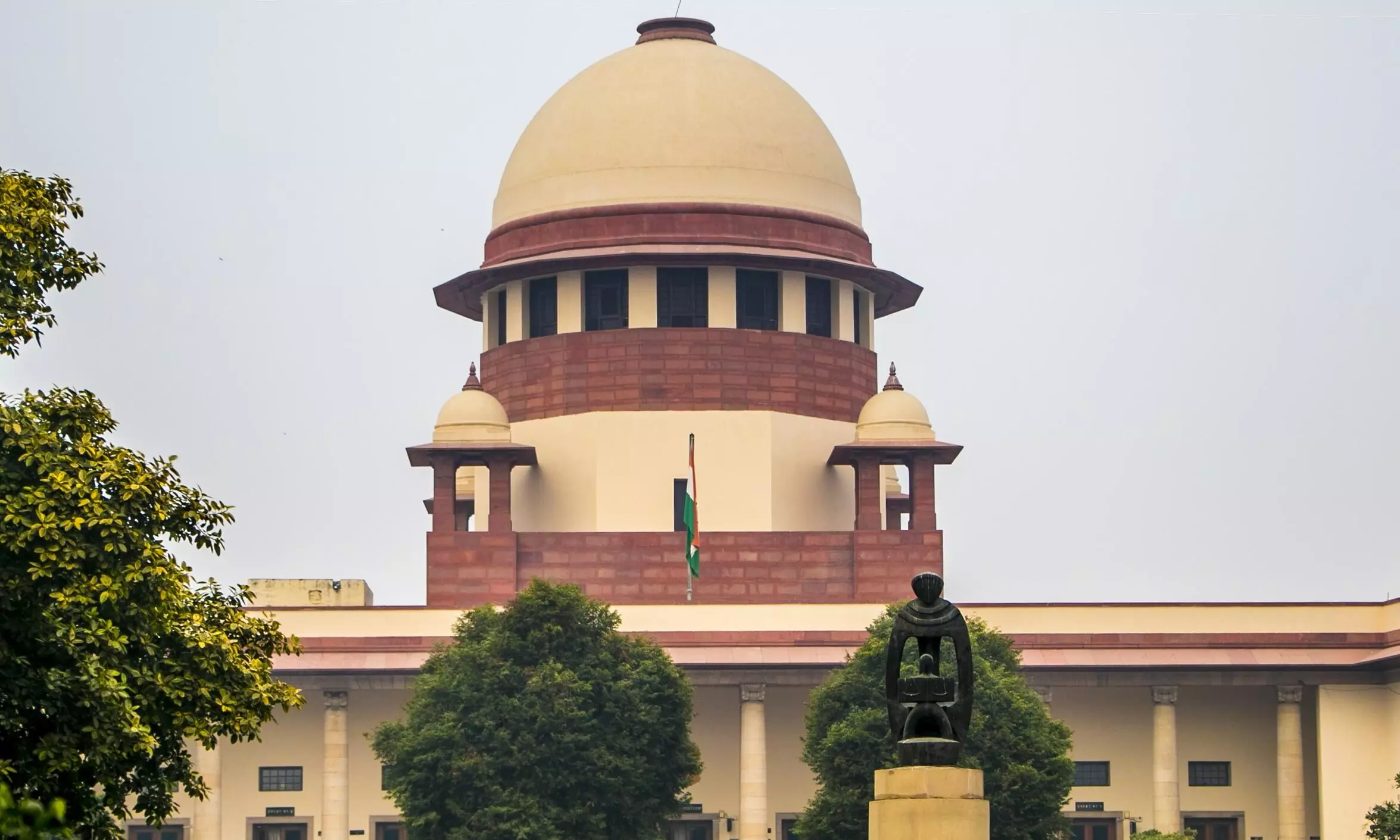
After Reorganisation Of States Reservation Can Be Availed In Either Of The Successor States But Not Both: Supreme Court
 |
|The Supreme Court has allowed appeals filed by residents of the Jharkhand state who were denied job on reservation by their state government on the ground that they are migrants and originally belonged to Bihar. The Bench also observed that a person can claim benefit in either of the states but not from both the states.
The Bench consisting of Justices UU Lalit and Ajay Rastogi has noted that,
"It is made clear that person is entitled to claim benefit of reservation in either of the successor State of Bihar or State of Jharkhand, but will not be entitled to claim benefit of reservation simultaneously in both the successor States and those who are members of the reserved category and are resident of the successor State of Bihar, while participating in open selection in State of Jharkhand shall be treated to be migrants and it will be open to participate in general category without claiming the benefit of reservation and vice-versa."
Regarding rights of employment of a person under the reservation quota, the Bench noted,
"It will be highly unfair and pernicious to their interest if the benefits of reservation with privileges and benefits flowing thereof are not being protected in the State of Jharkhand after he is absorbed by virtue to Section 73 of the Act 2000 (Bihar Reorganisation Act, 2000) that clearly postulates not only to protect the existing service conditions but the benefit of reservation and privileges which he was enjoying on or before the appointed day, i.e. 15th November, 2000 in the State of Bihar not to be varied to his disadvantage after he became a member of service in the State of Jharkhand."
The Court also demarcated the issues of domicile and employment in states of Jharkhand and Bihar under the act.
"The collective readings of the provisions of the Act, 2000 makes it apparent that such of the persons whose place of origin/domicile on or before the appointed day was of the State of Bihar now falling within the districts/regions which form a successor State, i.e., State of Jharkhand under Section 3 of the Act, 2000 became ordinary resident of the State of Jharkhand, at the same time, so far as the employees who were in public employment in the State of Bihar on or before the appointed day, i.e. 15th November, 2000 under the Act 2000, apart from those who are domicile of either of the district which became part of the State of Jharkhand, such of the employees who have submitted their option or employees who are junior in the cadre of their seniority as per the policy of the Government of India of which a reference has been made, either voluntarily or involuntarily call upon to serve the State of Jharkhand, their existing service conditions shall not be varied to their disadvantage and stands protected by virtue of Section 73 of the Act, 2000," the bench noted.
On the rights of the reserved category persons, the Bench noted that,
"In our considered view, such of the employees who are members of the SC/ST/OBC whose caste/tribe has been notified by an amendment to the Constitution(Scheduled Castes)/(Scheduled Tribes) Order 1950 under Vth and VIth Schedule to Sections 23 and 24 of the Act 2000 or by the separate notification for members of other backward class category, benefit of reservation including privileges and benefits flowing thereof, shall remain protected by virtue of Section 73 of the Act 2000 for all practical purposes which 44 can be claimed (including by their wards) for participation in public employment."
The facts of the case
The appellant was working as a teacher in Jharkhand and he appeared as a member of SC category in the third Combined Civil Services examination, 2008 conducted by the State of Jharkhand. He was successful but his appointment order was withheld and persons lower in order of merit in the Scheduled Caste category were appointed to the post. The reason given by the government was that the appellant's service book indicated that he is a permanent resident of District Patna in the State of Bihar and he is to be treated as a migrant to the State of Jharkhand. In consequence, he was not eligible for appointment in Scheduled Caste category. The single Judge of the Jharkhand High Court had allowed the writ petition, but upon an appeal filed by the state government, the decision of the single Judge was reversed by the Division Bench with majority ruling of 2:1.